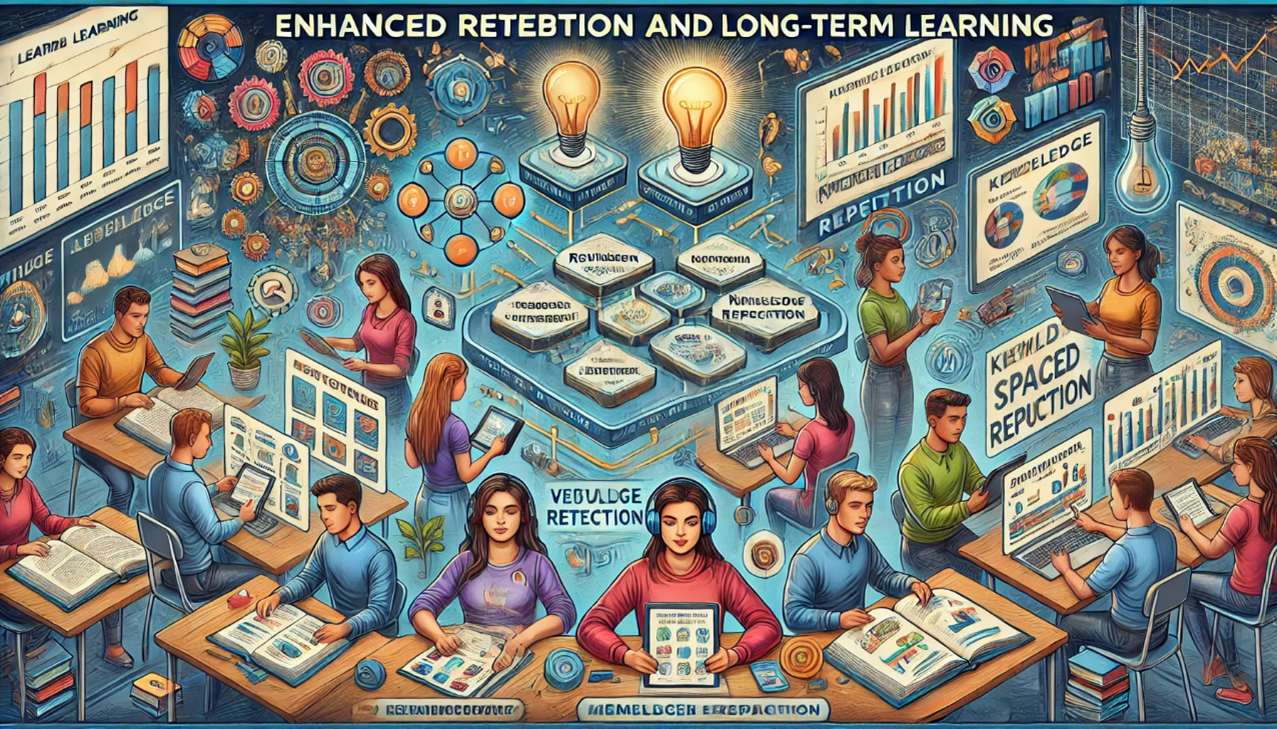What are the challenges and benefits of achieving net-zero carbon goals?

What are the challenges and benefits of achieving net-zero carbon goals?
by Maximilian 02:26pm Jan 08, 2025

Achieving net-zero carbon goals presents a mix of challenges and benefits, encompassing environmental, economic, social, and technological aspects. Here’s an overview:
Challenges
1. Economic Costs
Upfront Investments: Transitioning to renewable energy sources, retrofitting buildings, and upgrading infrastructure require significant capital.
Stranded Assets: Fossil fuel-related industries may face devaluation as economies shift to greener alternatives.
Economic Disparities: Developing countries may struggle to afford the technologies and resources needed for the transition.

2. Technological Hurdles
Scalability: Renewable energy sources like wind and solar must be scaled to meet global energy demands consistently.
Storage Solutions: Efficient energy storage technologies are essential to address intermittency issues with renewables.
Innovation Gaps: Carbon capture and storage (CCS) and other emerging technologies need further development and cost reductions.
3. Policy and Regulatory Barriers
Global Coordination: Achieving net-zero requires international collaboration, which can be hindered by conflicting interests and priorities.
Policy Inconsistencies: Lack of cohesive policies and enforcement mechanisms can slow progress.
Resistance from Stakeholders: Industries and groups reliant on fossil fuels may resist changes.
4. Social Challenges
Job Displacement: Workers in traditional energy sectors may lose jobs without adequate retraining and transition programs.
Behavioral Change: Encouraging widespread adoption of sustainable practices among individuals and businesses can be difficult.
Equity Issues: Ensuring a just transition for vulnerable populations is complex.
5. Natural Resource Constraints
Critical Minerals: The production of renewable energy technologies depends on rare earth elements and other critical minerals, which may face supply chain challenges.
Land Use: Expanding renewable energy infrastructure can lead to competition for land, affecting biodiversity and local communities.

Benefits
1. Environmental Advantages
Reduced Climate Change Impacts: Achieving net-zero can help mitigate extreme weather events, sea-level rise, and other climate-related risks.
Improved Air Quality: Transitioning away from fossil fuels reduces air pollution, benefiting public health.
Biodiversity Preservation: Limiting temperature rise protects ecosystems and species.
2. Economic Opportunities
Job Creation: Renewable energy, green infrastructure, and other sustainable industries can generate millions of new jobs.
Energy Security: Dependence on local renewable energy reduces reliance on imported fossil fuels.
Cost Savings: Over time, renewable energy sources become cheaper than fossil fuels, offering long-term savings.
3. Technological Innovation
R&D Growth: Investment in clean technologies drives innovation, leading to breakthroughs with broad applications.
Competitive Advantage: Early adopters of green technologies can gain economic leadership and market advantages.

4. Social Benefits
Health Improvements: Reduced pollution decreases respiratory and cardiovascular diseases.
Resilient Communities: Green infrastructure and climate adaptation measures enhance community resilience to climate shocks.
Equity and Inclusion: A well-managed transition can address historical inequities in energy access and environmental justice.
5. Global Leadership
Diplomatic Influence: Nations leading in net-zero efforts can shape international climate policy.
Global Cooperation: Shared goals foster collaboration among countries, enhancing geopolitical stability.
Conclusion
While achieving net-zero carbon goals involves substantial challenges, the long-term benefits for the planet, economies, and societies make it an essential endeavor. Success will depend on coordinated action, technological innovation, and equitable policies to ensure a sustainable future for all.






